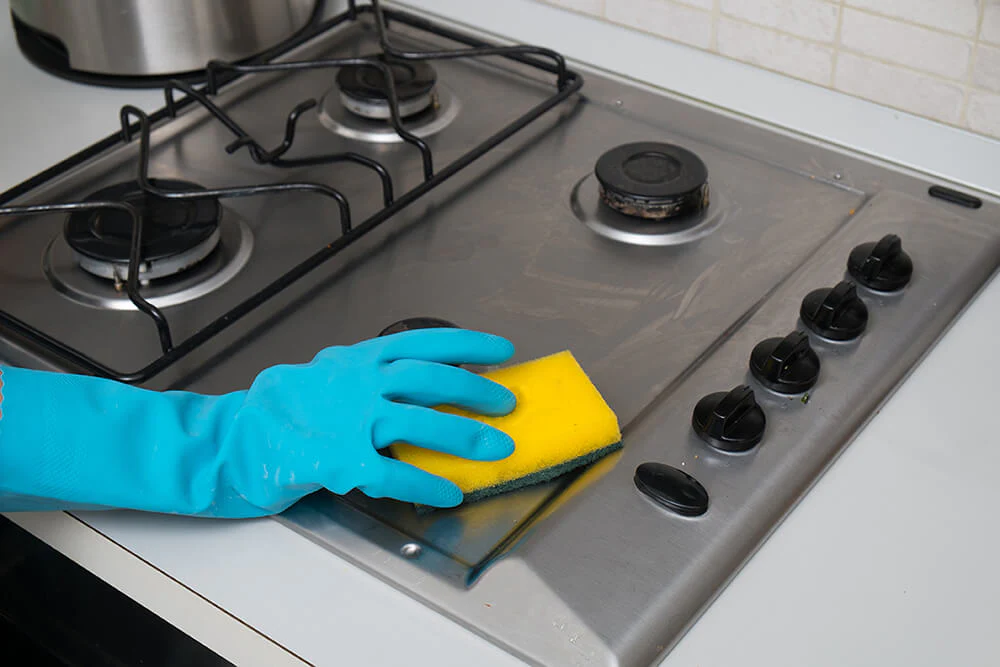How to Become a Better Writer Without Paying for Classes

Becoming a better writer doesn’t require a fancy degree or expensive course.
What it truly takes is curiosity, consistency, and a willingness to practice.
In today’s digital world, there are countless free resources, writing tools, and online communities that can help you grow — all from the comfort of your home.
Whether you want to improve your grammar, storytelling, blogging, or professional writing, here’s how to sharpen your writing skills without spending a dime.
1. Read Every Day — and Read Widely
Good writers are great readers.
Reading exposes you to new styles, tones, and ideas that expand your vocabulary and imagination.
Try reading:
•Articles from credible news sites
•Well-written blogs
•Classic and modern books
•Essays or short stories
•Online magazines or newsletters
When you read, pay attention to how writers structure their sentences, start paragraphs, and end stories.
Even 20 minutes of reading daily can improve your writing rhythm and flow.
2. Write Something Every Day
The only real way to become a better writer is to write — consistently.
You don’t have to write long essays; start small:
•Keep a daily journal
•Write social media captions with care
•Rewrite favorite quotes in your own words
•Try blogging about topics you love
Writing daily builds confidence and helps you find your unique voice.
The more you write, the more naturally words will flow.
3. Use Free Writing Tools
You don’t need expensive software to improve your writing.
Here are some free tools that can make a big difference:
•Grammarly – Corrects grammar and spelling mistakes
•Hemingway App – Helps simplify your sentences and improve clarity
•Google Docs – Great for writing, editing, and collaboration
•QuillBot – Paraphrasing tool to help you understand sentence structures
•WordCounter.net – Tracks word count and readability
These tools act like free online editors, helping you polish your work instantly.
4. Learn from Free Online Courses and Tutorials
There are thousands of free writing courses and lessons online that cover everything from creative writing to business communication.
Some trusted platforms include:
•Coursera.org – Free beginner courses from universities
•FutureLearn – Free writing and storytelling lessons
•YouTube – Search for “writing tips” or “creative writing”
•edX – Offers free academic writing and English classes
🎓 You don’t need to pay to learn — the internet is your classroom.
⸻
5. Join Free Writing Communities
Writing doesn’t have to be lonely!
Join online communities where you can share your work, get feedback, and learn from others.
Popular free options:
•Medium.com – Share your writing with readers worldwide
•Reddit’s r/Writing – Get honest feedback from other writers
•Wattpad – Great for creative and story writers
•Facebook writing groups – Connect with local or international writers
Feedback helps you grow faster — every critique is a step toward improvement.
6. Practice Editing Your Own Work
Writing is one skill — editing is another.
After finishing a draft, don’t rush to publish it. Take time to review and refine your work.
Here’s a simple editing checklist:
•Remove unnecessary words
•Fix grammar or punctuation errors
•Vary your sentence lengths
•Read your writing aloud (you’ll hear mistakes you missed)
•Ask: “Does this sound clear and natural?”
Editing turns a good piece of writing into a great one.
7. Analyze and Learn from Great Writers
Choose writers you admire and study their style.
Ask yourself:
•How do they start their articles?
•What tone or emotion do they use?
•How do they end their paragraphs?
You can even copy a few of their paragraphs by hand — not to steal, but to understand how great writing feels.
Learning from the best helps you shape your own writing voice.
8. Use Writing Prompts to Spark Creativity
If you ever face writer’s block, use writing prompts to practice.
Prompts are short ideas or sentences that inspire new stories or thoughts.
Examples:
•“Write about a time you overcame a fear.”
•“Describe your favorite place using only your senses.”
•“Explain what success means to you.”
Writing prompts challenge your imagination and strengthen your creativity.
9. Share Your Work and Accept Feedback
Don’t be afraid to let others read your work.
Post your writing on:
•Personal blogs
•Social media
•Writing forums or platforms
Constructive feedback helps you identify blind spots and improve faster.
The goal isn’t perfection — it’s progress.
10. Stay Consistent and Patient
Becoming a great writer doesn’t happen overnight.
It’s a journey of learning, rewriting, and evolving.
Celebrate small wins — finishing a story, writing daily for a week, or improving your grammar.
The more you write, the better you become — and the best part? It’s completely free.
Conclusion
You don’t need money to become a better writer — you just need passion, practice, and persistence.
With free tools, online resources, and daily writing habits, you can master the art of writing one word at a time.
Remember: great writers aren’t born — they’re made through practice.





